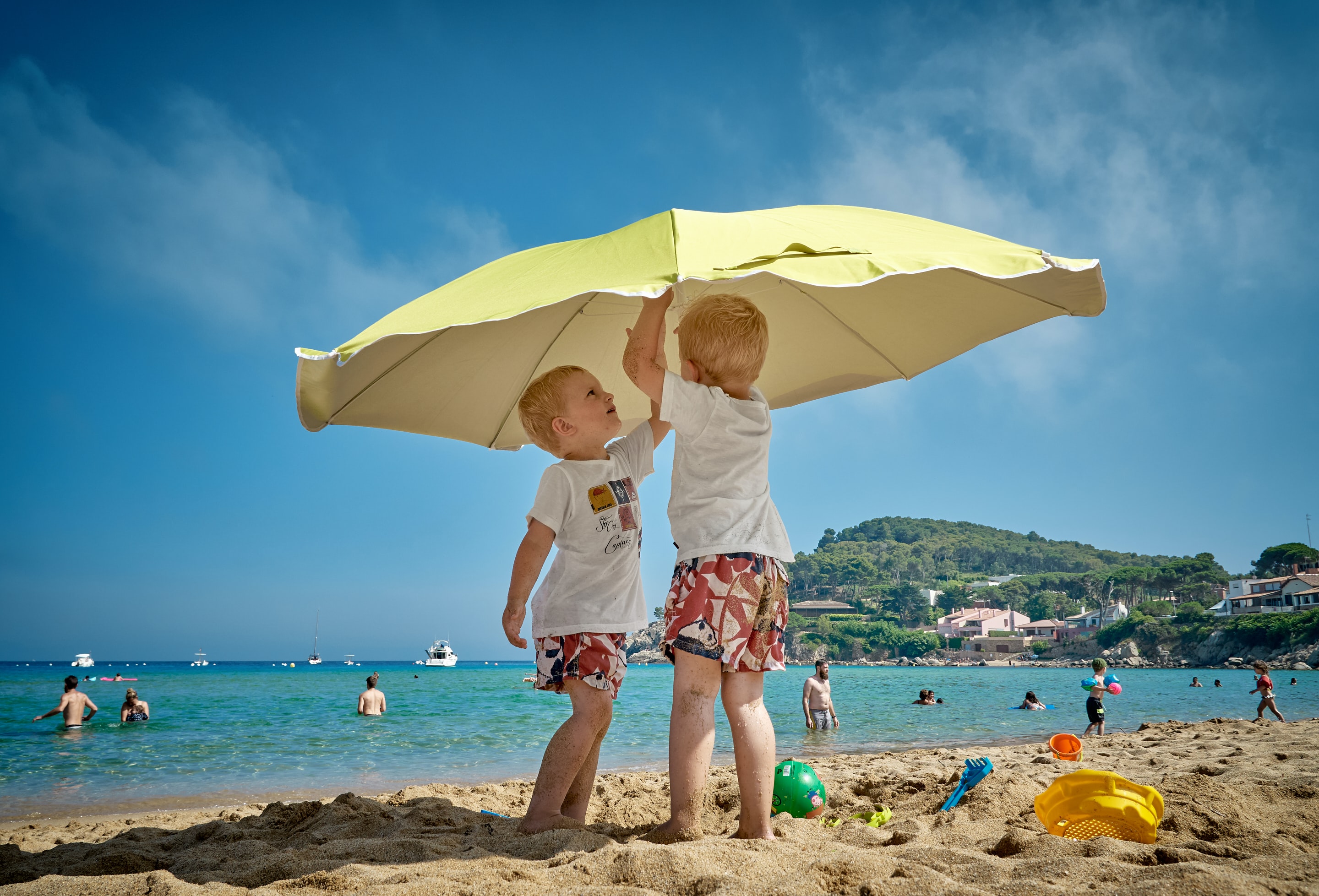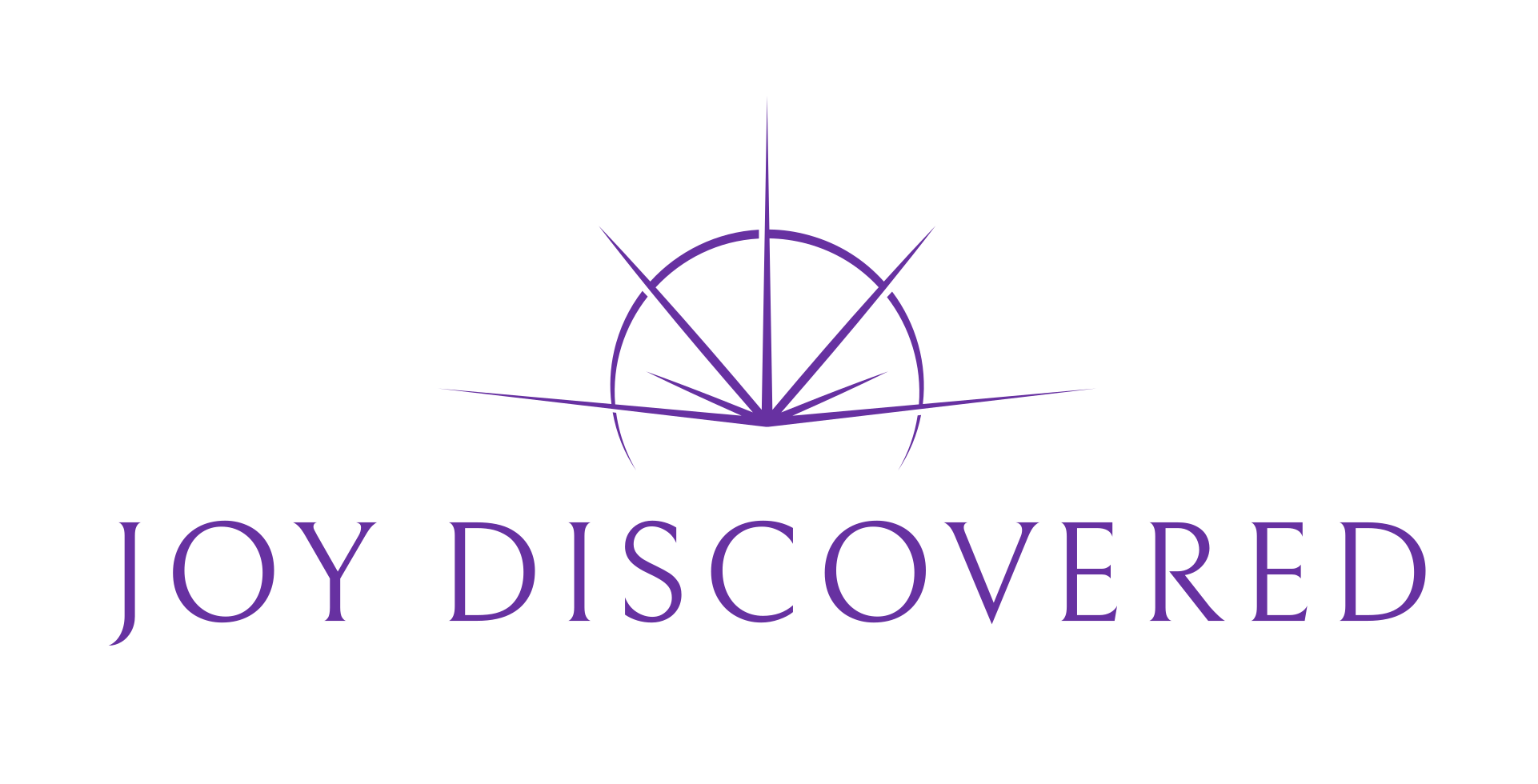Teaching Your Kids How To Be Responsible Humans To Avoid The Conflict Battle

Last night my 6-year-old son Mav took a scissors and cut a hole in my 4 year-old son Kyen’s outdoor lizard cage that housed a new pet lizard he had caught earlier that day and was very proud of. When I saw what Mav had done, I thought his actions were disrespectful and mean. He had intentionally ruined his brother’s cage. Jumping to one of the reactions we parents choose most often, I told him to go take a time out in his room.
Then I paused for a present moment and remembered that disciplining our children never works. (It’s a very short-term fix, but leads to long-term conflict and power struggle.) Instead, our children need natural consequences to learn how to operate in this world as a responsible human being who makes impactful choices co-creating a good life.
“Wait a minute,” I said to my husband. “What’s the natural consequence of this that we’re disrupting?”
“That he made a bad choice and needs to take a time out to think about what he did,” he answered.
“But he’s not going to learn the better option if he doesn’t have a natural consequence,” I replied, my conscious parenting study whirring through my head. “It would be like you cooking a bad meal at work, and your boss taking away your car keys or telling you to go to your office until you’ve learned the right way to cook that meal.” (My husband’s a chef if you can’t tell.)
He smiled, “Good point!”
Trying to act swiftly but mindfully so we didn’t lose the opportunity, I asked myself again, “What’s the natural consequence here?”
When I noticed the scotch tape in my own hands, how I had swept in to fix the lizard cage and get Kyen to stop crying, I realized: It’s not my job to fix this. It’s Mav’s. He made the disrespectful decision. He needs to make it right.
I asked Mav to come out of his room and fix the lizard cage, as well as to give Kyen a few dollars from his piggy bank so Kyen could buy a new cage if we weren’t able to fix it.
Immediately Mav was on board and got to work on the cage. “I’m sorry I broke your cage, Kyen,” he said while taping it up. “I feel bad for this little guy trapped in here and wanted him to have a way to escape back to his family.”
Ah-ha… the underlying reason for the behavior comes out. If we had kept “disciplining” Mav in time out, this never would have come to light, and he would have associated sticking up for the little guy who’s separated from his family as punishment… leading to confusion and, eventually, a resentment to us as parents for being wishy-washy in what we say about the world vs. what we do… Resentment breaks connection, and leads to more acting out either now or in his teenage years when he starts to yearn more deeply for independence.
It didn’t stop there.
“I’m sorry for wrecking your cage, Kyen,” he said. “I’m going to serve you tonight to make up for it. Would you like a snack or a blanket to cover up with? What would you like me to put on the TV for you?”
Through this process, the energy in our house remained calm, Kyen told Mav he forgave him, and then gave him a couple dollars back because, “I love you, Brother” he said.
When we stay stuck in the reactive pattern of making our kids take a time out, taking away their devices, or not allowing them to attend a playdate, we are punishing our children in a completely unrelated way while not allowing them to learn about life. And, we sweep in so quickly to clean things up or protect them, as I had with the scotch tape, that our children don’t learn responsibility for their own well-being.
Some examples of natural consequences:
- You touch a hot stove, your finger gets burned.
- You stay up all night long on your cell phone, you deal with being groggy at school the next day.
- You speak to me rudely, I will not talk with you about this matter until you calm down and we are in mutual respect.
- You smash the car we gave you, you pick up a part-time job in order to pay for it to be fixed.
There must be no shaming, guilting energy behind the consequence or it will backfire. Our children always need to know they are whole, worthy and loved as they learn the lessons of life. Coming from this place of unconditional love and empathy, we establish true connection with our children and conflict fades away.
And of course, when a real threat to our children’s safety is exposed, like running into a busy street of cars or swallowing something poisonous, we intervene. But the reality is our intervening is happening way too often for nonthreatening experiences and we are robbing our children of a mature development. We parents are often too uncomfortable with our children’s own discomfort that we take the life lesson away from them, even though we try to “teach them” by disciplining.
It’s hard sometimes, it takes practice, and it’s all worth it.
To connection and natural consequences,
Sara
xo






What's your greatest take-away from this blog? Any questions?